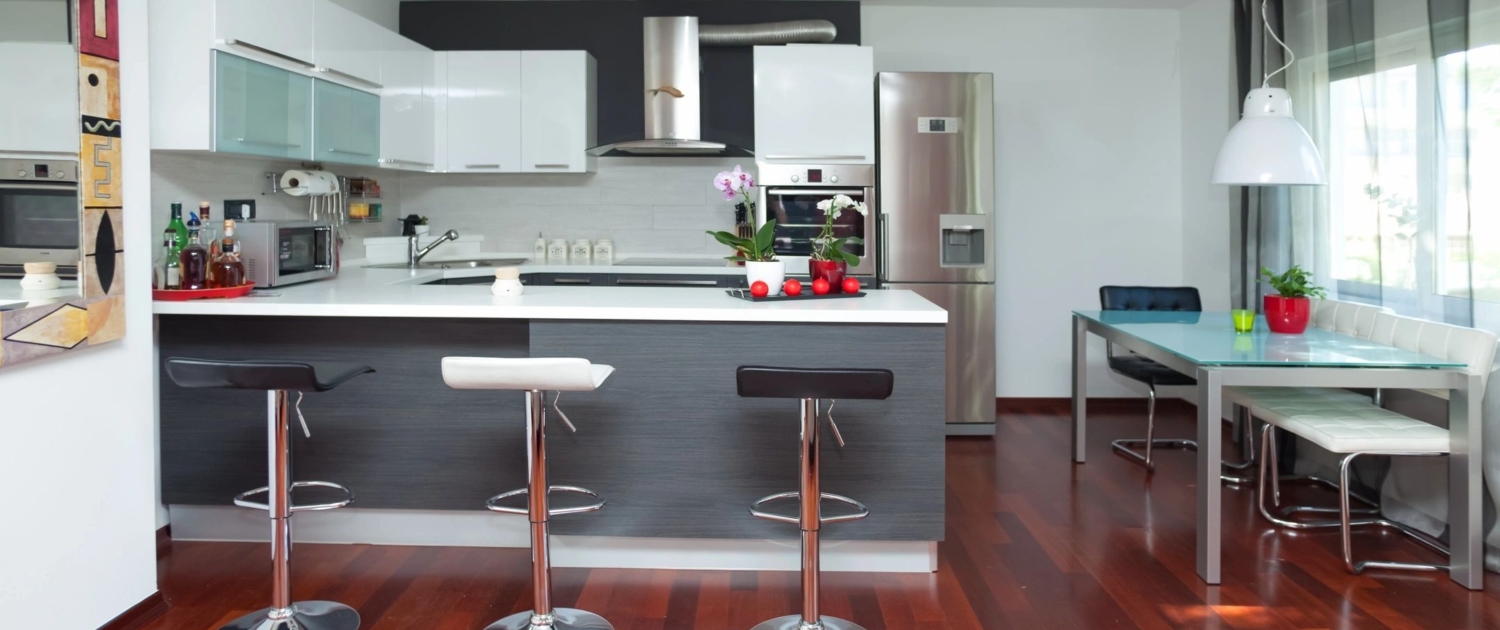Full disclosure: This post entry is from my first foray on the OpenAI Chat-GPT. The answer to my question came back within in a minute. The answer is compiled from many sites that cover the same information and is pretty boiler-plater stuff, but does not show true insight from a flipper who has been in the trenches. Next time I engage the Chat-GPT I will ask for a joke: a house flipper, a contractor and priest walk into a bar…
House flipping can be a high-risk, high-reward investment strategy, and there are several ways that a house flipper from the United States of America can lose money. Here are some of the most common:
- Overestimating the resale value: House flippers can lose money if they overestimate the resale value of the property they are flipping. If the property doesn’t sell for the expected price, the flipper may not be able to recoup their costs.
- Underestimating renovation costs: House flippers can also lose money if they underestimate the costs of renovating the property. This can happen if the flipper doesn’t have experience in construction or if they encounter unexpected problems during the renovation process.
- Taking too long to sell: Holding costs can add up quickly if a house flipper takes too long to sell the property. Mortgage payments, property taxes, insurance, and utilities can all eat into the profits of a flip if the property sits on the market for too long.
- Overpaying for the property: House flippers can lose money if they overpay for the property they are flipping. This can happen if they don’t do enough research on the local real estate market or if they get caught up in a bidding war with other buyers.
- Underestimating transaction costs: Closing costs, real estate agent commissions, and other transaction costs can eat into the profits of a flip. House flippers should factor these costs into their calculations to ensure they don’t end up losing money.
- Legal issues: House flippers can also face legal issues, such as code violations or disputes with contractors, that can add unexpected costs to their renovation project.
Overall, house flipping can be a risky investment, and it’s important for house flippers to do their due diligence and carefully consider all the potential costs and risks before diving in.



